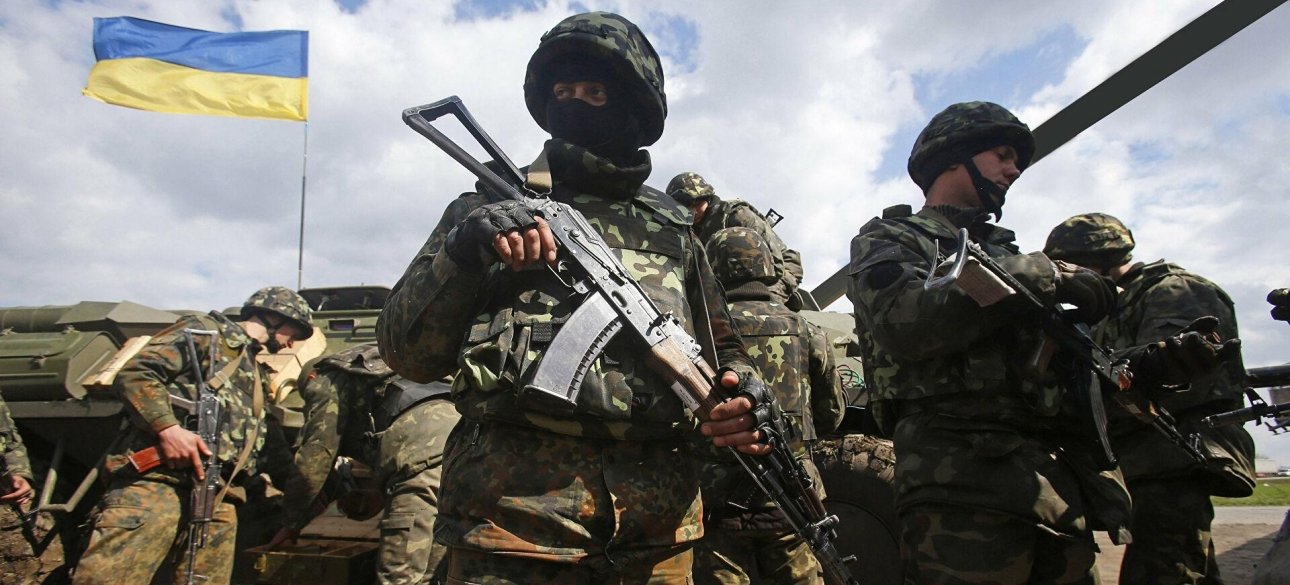
In search of a revenge for the fact that its leaders consider a catastrophic national defeat, a large and powerful country invades the territory of a much smaller neighbor under the pretext of rescuing ethnic brothers from allegedly systematic killing attacks. The aggressor also declares its ultimate goal of overthrowing "world domination" of "Anglo -Saxon international capitalists".
Replace World War II Cold War, Czechoslovakia - Ukraine, Sudeten Germans - ethnic Russians in the southeast of Ukraine, and Anglo -Saxons - the United States and their allies - and Vladimir Putin's war is terribly reminiscent of Hitler's prelude before the Second World War. Historical parallels should be treated with a large proportion of skepticism, but such a strange coincidence is a gloomy in the third year of the war.
No one can predict what will happen in the next 12 months, but we can understand the course of events in the third year, evaluating the likely behavior of three key players of the inevitable geopolitical tragedy: Ukraine, Russia and the West. Ukraine is burdened with many serious military and political problems. The enemy prevails in size and weapons. Soldiers have to normalize ammunition, including 155 mm shells, which are crucial in continuous artillery duels with Russian troops.
As the number of some advanced units has decreased to 20 percent of their staff, Kyiv may have to mobilize hundreds of thousands of reservists, while the government lacks money to pay them salary, and evasion of conscription becomes a problem.
The absence of significant progress on the battlefield inevitably undermines the support of charismatic President Vladimir Zelensky and limits his ability to act at a time when he faces a difficult choice, including reducing the mobilization age from 27 to 25 years and increasing taxes to provide salaries for soldiers. It is still popular with most Ukrainians, but their trust has decreased from 84 percent in December 2022 to 62 percent two months ago.
One of the factors that worsened Zelensky's authority was the release of the popular commander -in -chief Valery Zaluzhny, who did not like neither the army nor the public as a whole. However, almost two -thirds of Ukrainians are in favor of the war with Russia until the entire occupied territory is released, provided we are supplied by weapons from the event. Therefore, in 2024, the Ukrainian army will continue to attempt to keep the front line 600 miles.
Russia's main task in the coming year is to keep social peace, paying for the war and sending hundreds of thousands of people to cripple and kill in Ukraine. The war, which already consumes almost 40 percent of the country's budget, costs Russia about $ 300 million a day, and in 2024 it will become even more expensive. According to the Russian Ministry of Finance, the cost of "defense and security" will increase by 68 percent.
As trillions of rubles are invested in the military-industrial complex, prices for main food products and essentials have increased by 23 percent in annual calculation, and inflation will continue to increase, despite the 16-percent base rate of the central bank. Approximately 50,000 killed or wounded every six months, the astronomical level of losses in Russia can be compared with the exhaustion of the British army in the First World War.
Despite the fact that prisons were emptied from tens of thousands of prisoners who "voluntarily" fought in Ukraine, including rapists and murderers, pardoned by Putin after six months of stay in Ukraine, in December presidential decree was announced further expansion of the Russian army for 170,000 soldiers. No matter how he wants to avoid national "partial mobilization" for political reasons, Putin will almost certainly announce it after the presidential "election" in March.
Multiplicating outrage about a hard life and goodbye to men, sons and brothers who go to Ukraine, the most devastating prospect for social peace in the long run is to realize that these huge blood and money costs are intended only to maintain a bloody deaf angle. Russia is almost not enough technological and human resources, as well as tactical (especially - strategic) grip for holding a large offensive in 2024, not to mention the achievement of victory.
However, in the absence of a sharp fall in oil prices, in 2024 the Kremlin will have enough money. The National Welfare Fund has $ 133 billion, one fifth of which Putin has already taken away last year. TV propaganda, frightened or indifferent, Russians will most likely remain obedient, since public manifestations of anti -war sentiment are instantly punished to families of the dead.
The movement of emerging wives and mothers require the return or at least rotation of mobilized reservists is too small and vulnerable to provoke a nationwide protest this year. Well, the West, despite the contradictions, will continue to keep Ukraine in the struggle.
The only change may consist in the internal division of labor: angry with Donald Trump's statement on the consent of Russia's attack on NATO members who have not "paid", as well as shocked and disgusting from the murder monetary and financial support of Ukraine. The European contribution can also increase due to the disappearance of hope for ceasefire in 2024. The stop of the struggle this year will not be the choice of either Zelensky nor Putin.
Whatever the difficult Ukrainian situation is, while Western assistance continues to receive, Kyiv will not ignore public opinion, de facto passing Donbas, which has about 20 percent of Ukraine. For his part, Putin is likely to hope that the election of Trump will help Moscow to conclude the best - and the permanent - a peace agreement in 2025. And here is the result: the third year lasts without any breakthrough on the battlefield.










All rights reserved IN-Ukraine.info - 2022